It’s been two years since COVID-19 caused the world to shut down, people to isolate, and for parts of society to change permanently. Since March 2020 there has been significant progress made with highly effective vaccines and boosters available to the public, and COVID cases are thankfully dropping. But virus experts are not unanimous on being out of the woods just yet. “We look to a future when Americans no longer fear lockdowns, shutdowns, and our kids not going to school,” says The White House. “It’s a future when the country relies on the powerful layers of protection we have built and invests in the next generation of tools to stay ahead of this virus.” Here is what experts are saying could happen next. Read on—and to ensure your health and the health of others, don’t miss these Sure Signs You’ve Already Had COVID.
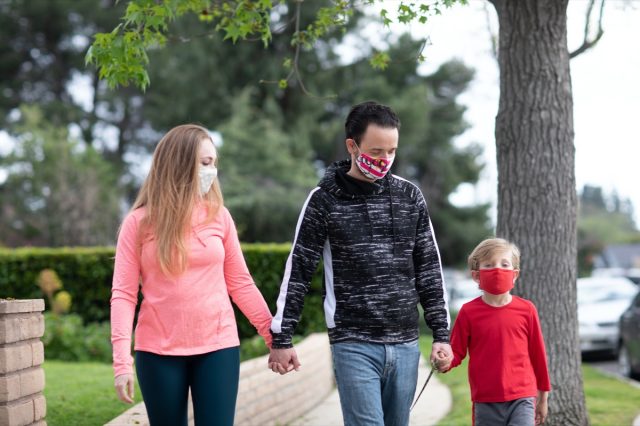

Virus experts believe COVID-19 is here to stay, and will eventually be treated like the flu. “I think this is going to go endemic and it’s going to be a lot like a seasonal flu, but we’re going to have a couple of drugs that are going to be good at treating it, and I think the immunity that we have with the boosts, and particularly I think moving forward, we’ll be getting boosters like once a year like we do for flu, and it’s just going to become part of the background landscape that we live with,” says Dr. Thomas Unnasch, a Distinguished USF Health professor.
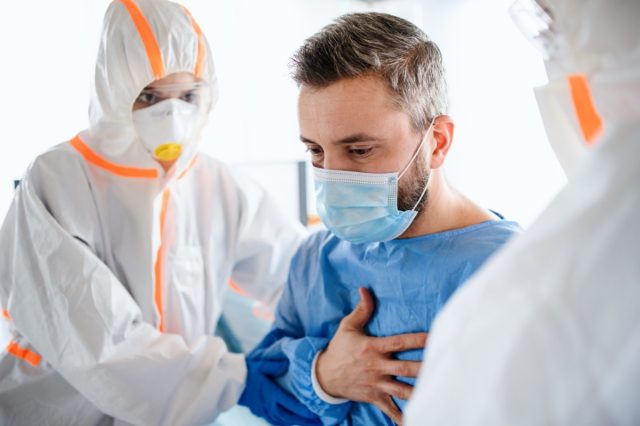

COVID fatigue is real, but it’s also dangerous and could lead to people ignoring public health guidance. ”People are tired of the public health interventions,” says Andrew Badley, M.D., chair of the Mayo Clinic’s COVID-19 Research Task Force. “Masking and social distancing and handwashing and not going to crowded settings. Some people are doing that less and less, and I think that contributes to the spread… I think we will be seeing patients with severe COVID disease for years to come.”
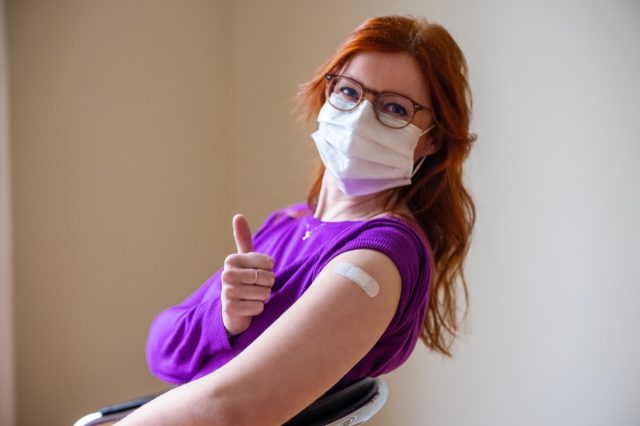

Staying up to date with vaccines and boosters will continue to be critical in the near future, especially as new variants inevitably pop up. “Your immune system is like a football team,” says Panagis Galiatsatos, M.D., a pulmonologist and critical care specialist at the Johns Hopkins University School of Medicine. “You practice all week, but you have no idea what exactly you’ll be up against on Sunday. Even with the strongest players, you don’t know how well you’ll play against a team you’ve never seen before. A vaccine gives your football team the opponent’s playbook. So you’re gonna go out there and be more effective.”
RELATED: Here’s How to Feel Like You’re 20 Again, Say Doctors
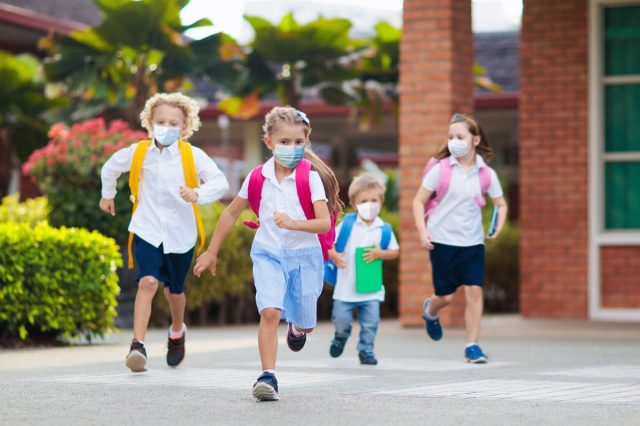

The public should not be surprised if there are COVID waves that require the return of mandatory mask-wearing and vaccination rules. “We’ve had big waves in the South, and this summer I’m expecting another wave,” says Dr. Peter Hotez, co-director of the Center for Vaccine Development at Texas Children’s Hospital. “And, if not, we should expect another wave in the winter. I don’t think we’re done with this, so what’s the anticipatory guidance to let the American people know, don’t be surprised if we have to go back into the red?”
RELATED: Most People are Getting Abdominal Fat This Way, Experts Say


The growing consensus amongst experts is that there is no end in sight for COVID-19, and we have to adapt to a “new normal”. “We really need to be shifting our thinking to how do we live with this virus rather than can we make it completely go away,” says Dr. Timothy Brewer, a professor of epidemiology at UCLA Fielding School of Public Health. “So I think we need to sort of move into the mode of minimizing the impact of the virus as much as possible in terms of health, economic and social disruption — recognizing this virus is going to be there.”
RELATED: Dr. Fauci Just Gave This Essential Virus Update
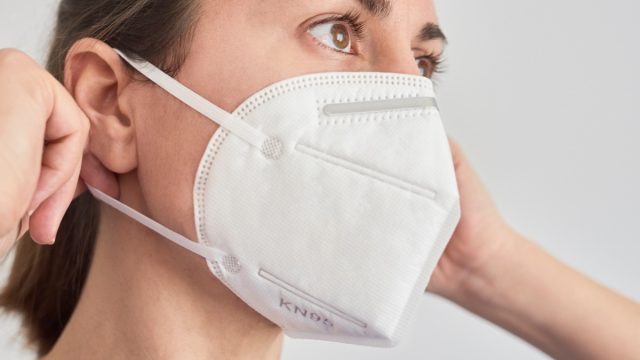

Follow the public health fundamentals and help end this pandemic, no matter where you live—get vaccinated or boosted ASAP; if you live in an area with low vaccination rates, wear an N95 face mask, don’t travel, social distance, avoid large crowds, don’t go indoors with people you’re not sheltering with (especially in bars), practice good hand hygiene, and to protect your life and the lives of others, don’t visit any of these 35 Places You’re Most Likely to Catch COVID.